Posts
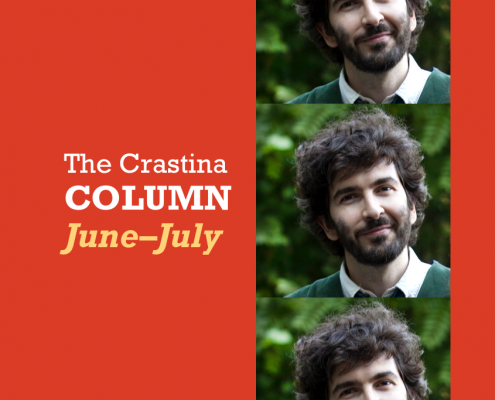
Why science should experiment more with comics (Matteo Farinella, June 2016)
It is time to seriously start experimenting with visual narratives!” says Matteo Farinella, neuroscientist and science cartoonist. He is convinced that comics can evolve to a powerful tool for science communication.
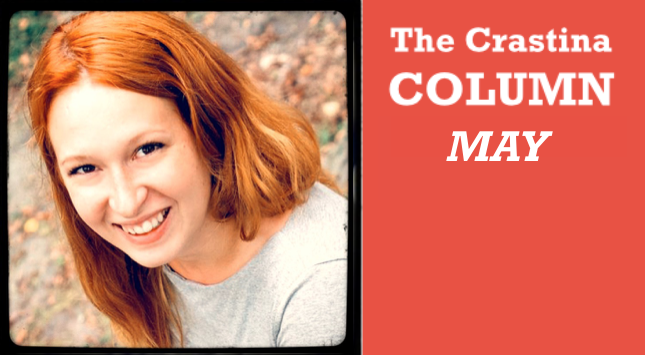
Attracting more women into the Tech industry – a matter of communication and role models? (Kamila Stępniowska, May 2016)
How do we attract more women into the Tech industry? Kamila Stępniowska, co-creator of Geek Girls Carrots and workshop manager of global machine learning at deepsense.io, points out some solutions based on communication and role models.
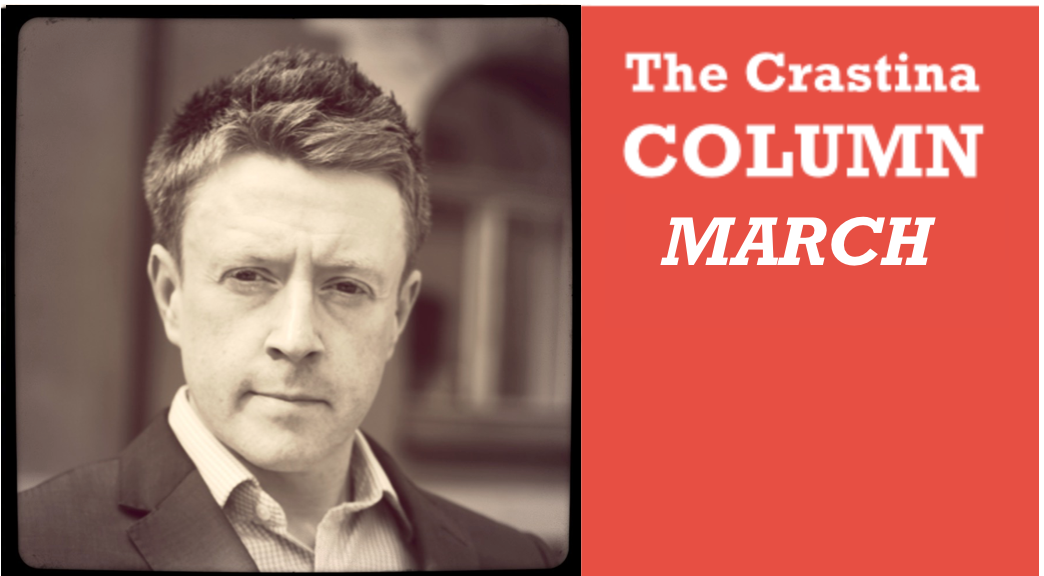
The great CV controversy: maybe you are asking the wrong question? (Barry O’Brien, March 2016)
All seekers of jobs or lab positions have had reason to ponder over the eternal question: “Is it OK to put photos on your CV or not?” Barry O’Brien, British career coach based in Stockholm, has a very definitive answer: “It depends …”

Autistic traits, science and the nerd stereotype (Piotr Migdał, February 2016)
“There is a stereotype of scientists and engineers being aloof, unaware of social conventions and perhaps even exhibiting autistic traits. Recent research show that STEM students are indeed more autistic than the general population.” By Piotr Migdał, Ph.D., quantum physicist turned into a data science freelancer.
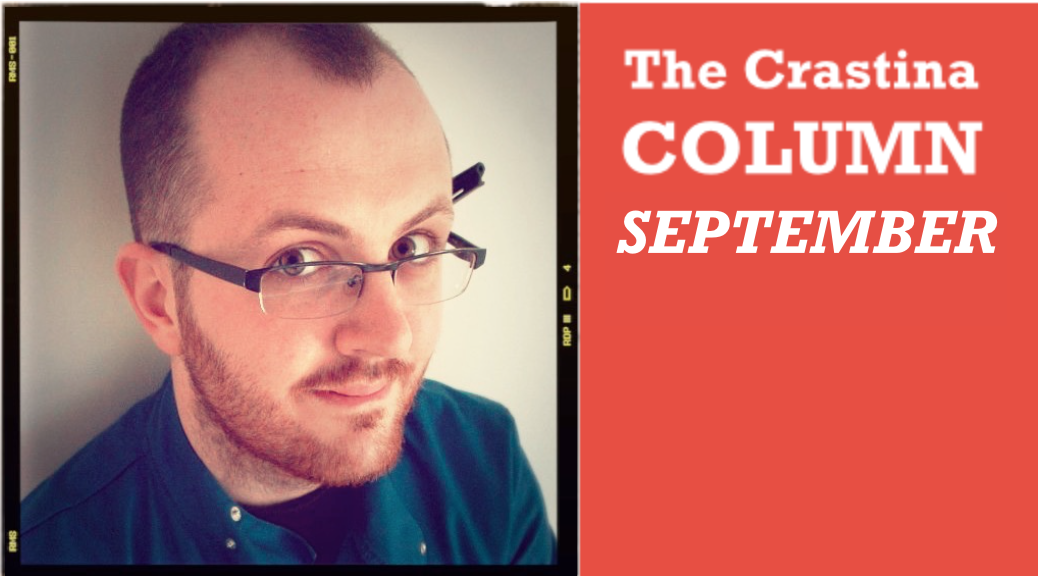
Science communication is no joke. But it should be (Dean Burnett, September 2015)
Some people in the scientific community think that humour shouldn’t be involved in communicating science. Here, Dr. Dean Burnett—who is a neuroscientist, stand-up comedian and belongs to the blog team of The Guardian–explains why they are wrong.
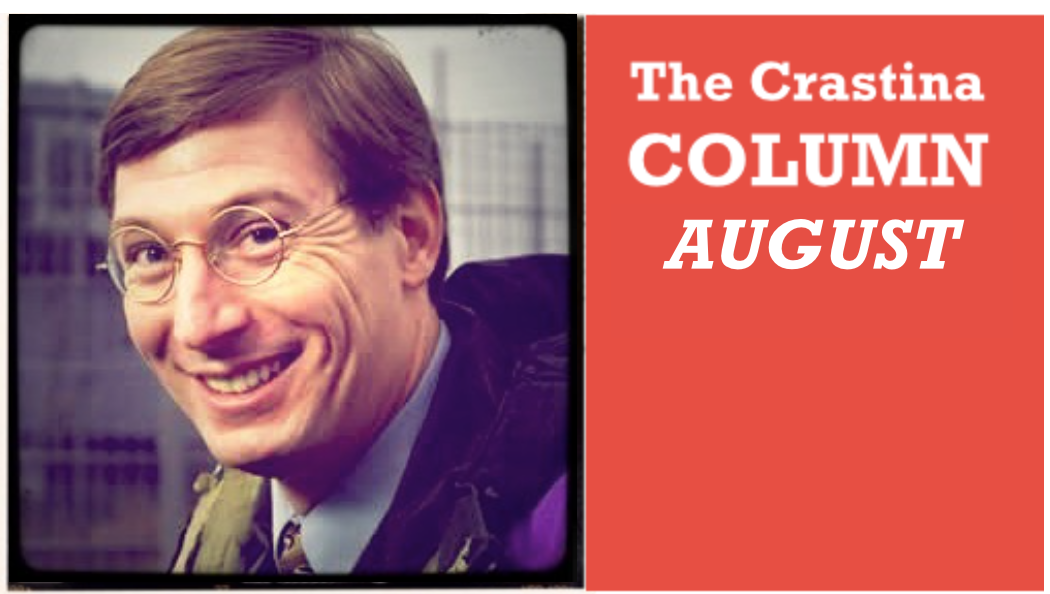
The Slow Death of the University Seminar (David Schultz, August 2015)
Online communication becomes more and more intense, but it seems that we spend less and less time in the same room. David Schultz, Professor of Synoptic Meteorology at the University of Manchester, mourns the slow death of the traditional university seminar.
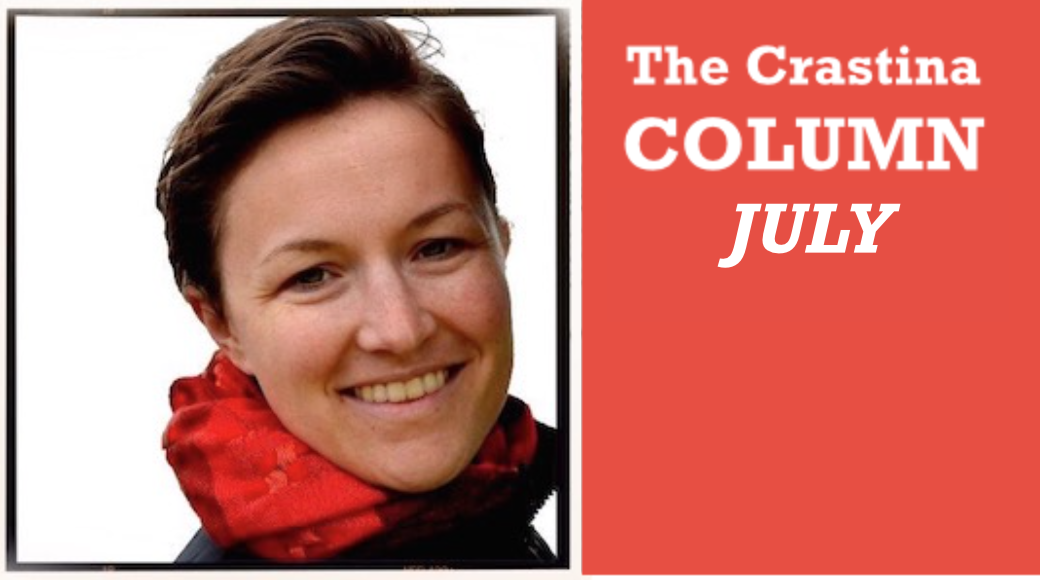
Why scientists (even nonartists) should draw (Bethann G. Merkle, July 2015)
Drawing is not an archaic skill; it is an essential part of the modern scientist's toolkit. Science communicator/illustrator Bethann Garramon Merkle explains why.

